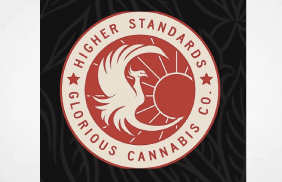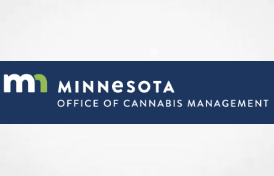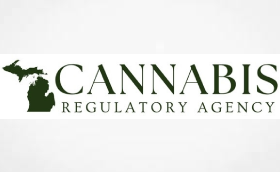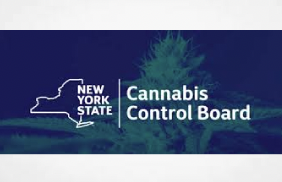The COVID-19 crisis has led to an unprecedented level of federal aid to businesses and individuals alike but much of it does not apply to cannabis businesses. Here is a breakdown of how these recent aid packages affect the marijuana industry:
Coronavirus Preparedness and Response Supplemental Appropriations Act
This legislation, which became law on March 6, was mainly aimed at putting public health measures in place, but it did include a $20 million grant to the Small Business Administration to aid it in administering disaster loans to businesses affected by the COVID-19 crisis. This was followed up a few days later by a request to Congress from the Trump Administration to provide significantly increased funding to the SBA’s lending program. The cannabis industry, however, will likely not be able take part in the loan program.
In the wake of this recent legislation, the SBA reaffirmed the position it took in a 2018 Policy Statement “that businesses that derive revenue from marijuana-related activities or that support the end-use of marijuana may be ineligible for SBA financial assistance.”
Families First Coronavirus Response Act
Codified on March 18, the FFCRA’s focus is on expanding certain benefits to workers, rather than providing aid to businesses. As such, cannabis businesses need to follow its requirements in order to be in compliance with the law.
An in-depth breakdown of this legislation can be found here, but to briefly summarize, all businesses will need to provide additional leave to workers in certain circumstances. Specifically, the law expands the scope of the Family and Medical Leave Act by loosening the criteria for worker-eligibility, and by providing for leave for workers who need to stay home to provide childcare for children whose schools have been shuttered due to COVID-19. Further, the FFCRA enacted the Emergency Paid Sick Leave Act, which requires certain employers to provide immediately available, paid sick leave to all employees.
Coronavirus Aid, Relief, and Economic Security Act
The CARES Act is a $2 trillion stimulus package that provides direct relief to many Americans but also has a number of provisions aimed at helping businesses. One of these provisions is the Paycheck Protection Program, which provides forgivable loans to small and medium businesses to help cover payroll and other certain expenses. This program delegates lending authority to banks for these loans. Unfortunately for the cannabis industry, banks and other institutions are generally unwilling to work with most marijuana-related businesses because of the conflict with federal law, so even if such a business were otherwise able to qualify for the program, it is highly unlikely that a bank would be willing to assist them.
Importantly, however, hemp businesses will likely be eligible for the program after the 2018 Farm Bill removed the plant from its definition of “marijuana.”
Excluding the cannabis industry from these aid programs highlights the disconnect between the federal government and the 33 states plus D.C. that have legalized marijuana in some form. More than a dozen states deemed cannabis “essential” or otherwise exempt to some extent under shelter-in-place orders amid the COVID-19 outbreak. In addition, the current crisis has apparently placed proposed federal legislation like the SAFE Banking Act and the MORE Act even further to the back burner for the moment. The federal government should address this disconnect between its policies and the needs of millions of Americans who benefit from the use of marijuana, in connection with the current crisis and more broadly as we move forward.
Visit our COVID-19 Resource Center often for up-to-date information to help you stay informed of the legal issues related to COVID-19.


















